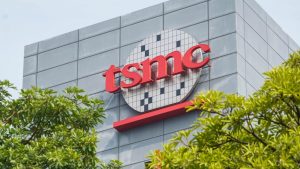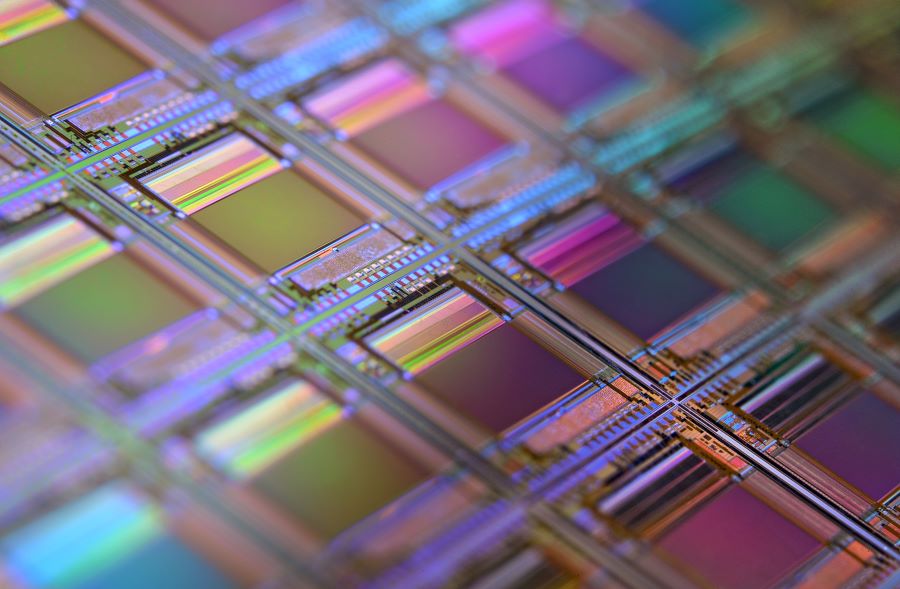Most of us who track business news would have heard of the semiconductor shortage in the world. It has got everyone talking including the president of the USA. These innocuous little chips are the heart of any gadget. Smartphones, laptops, automobiles, military equipment. The sophisticated semiconductors have a width of 1/1000th of human hair. The technology required to put up a semiconductor plant is as much as 20 billion dollars.
It is amazing to know that over 90% of highly sophisticated semiconductor chips are manufactured in the tiny country of Taiwan by a company known as TSMC – Taiwan Semiconductor manufacturing company. Almost all of the iPhone’s chips are manufactured by TSMC.
The shortage of semiconductor chips all over the world was fuelled by a fire in a plant in Japan & weather conditions in Texas. Geopolitically, Taiwan has become the most important country and when its huge neighbour China increased its military presence near its border it incurred the wrath of seven leaders worldwide.
Taiwanese leaders call its chip industry as its silicone shield.
How did this happen? For this, we need to know the story of the founder Morris Chang who is 89 and now retired.
Mr. Chang was born in China in a middle-class home, went to Hong Kong, and moved to America in 1949 because he got accepted at Harvard and later at MIT. His entry-level job was with a semiconductor company Sylvania, left quickly to join Texas Instruments.
He rose rapidly in Texas Instruments and was in charge of the semiconductors business. They also sponsored his PhD, which he got from Stanford. By 1967 he became the General Manager of the Semi-conductor business and later was promoted to be the Vice President. He ran the business for 6 years and suddenly was passed over to a staff role in charge of the consumers business.
In his own words, he was put out to pasture presumably for being of Chinese origins. He resigned from Texas Instruments in 1981.
At 52, Morris Chang already had an illustrious career behind him but little did he know that he had a glorious future still ahead to look forward to.
The Government of Taiwan got in touch with him and invite him to modernise their semi-conductor industry. Morris Chang picked up the gauntlet. In his own words..
I paused to try to examine what we have got in Taiwan. And my conclusion was that [we had] very little. We had no strength in research and development, or very little anyway. We had no strength in circuit design, IC product design. We had little strength in sales and marketing, and we had almost no strength in intellectual property. The only possible strength that Taiwan had, and even that was a potential one, not an obvious one, was semiconductor manufacturing, wafer manufacturing. And so what kind of company would you create to fit that strength and avoid all the other weaknesses? The answer was pure-play foundry…
In choosing the pure-play foundry mode, I managed to exploit, perhaps, the only strength that Taiwan had, and managed to avoid a lot of the other weaknesses. Now, however, there was one problem with the pure-play foundry model and it could be a fatal problem which was, “Where’s the market?”
Morris Chang realised that chip designers wanted to start their own company but did not have the manufacturing capabilities as it was a highly capital-intensive business.

He turned TSMC into the contract manufacturer for semiconductor chips for the world, with annual revenues of more than 50 billion $.
It is a fascinating story of how a tiny country with a proactive government developed a technological edge with incredible hard work that has got the whole world to depend on them. Software is eating the world but the hardware can’t be disregarded as once you fall behind it is impossible to catch up.


Sejal Goel
Beautiful and very inspiring article.
Ketan Chaphalkar
Very Insightful…